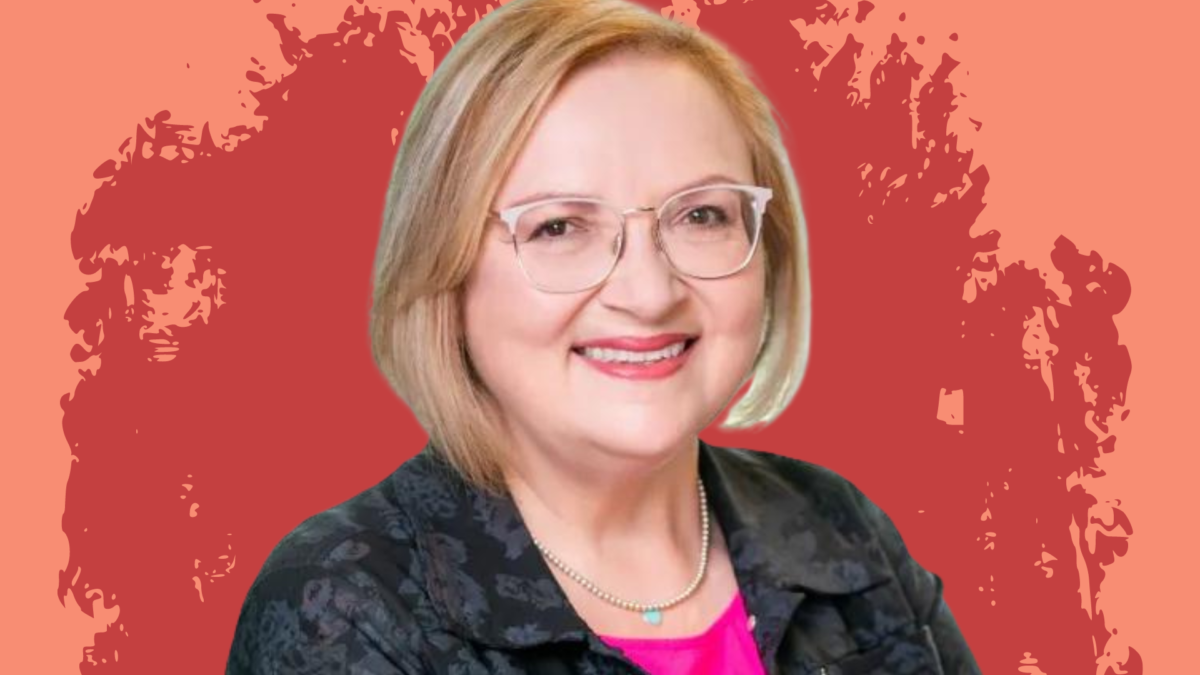Every little byelection gets covered. But not union elections with far greater potential impact. A rare exception was Unifor’s recent vote for a new president after Jerry Dias quit in a bribery scandal. Union elections are routinely predetermined among the leadership and never mind democracy. Not this one.
Dias had his good moments — like supporting vaccine mandates, when other union leaders gutlessly backed off — but he was also evidently flawed and perhaps insecure. He cracked when he took a paltry $50,000 payoff from a PPE maker to push their products among Unifor firms. Then he gave half that to apparently compensate an assistant he’d failed to back to succeed him. Then he left early.
His secretary-treasurer, Lana Payne, wasn’t planning to run. Women don’t lead big industrial unions and Unifor is still dominated by the autoworkers in it. But there was a subtext here: business unionism versus what’s called social unionism. Get “more” for your members, as Samuel Gompers unforgettably said in the U.S., and operate on the model of businesses you bargain with.
Or take the role of social and political activists, seeking broader social change too. Under Bob White, especially after breaking free from the U.S. union that controlled it till 1985, the autoworkers and then Unifor have been an exemplary social union.
Payne represented that side and decided to run. The male front-runners weren’t overt sellouts but tended to wobble and to exonerate Dias’ behaviour. She won, handily. Leaving no doubt, she almost immediately published a piece in the Star calling the source of deep dysfunction in our society “toxic capitalism.”
That wasn’t necessarily socialist; there’s such a thing as non-toxic capitalism, but it’s getting hard to find. She said “front-line workers” are easy to blame because they’re “always there” while CEO’s are “far from the scene of the crime.” Plus, as a former journalist from Newfoundland, she probably wrote it herself, a fairly unusual feat among union leaders who sign things.
Another case, that I saw no coverage of in mainstream media, was J.P. Hornick’s election as president of Ontario’s huge civil service union, OPSEU. She was an underdog too, and took over after 15 years of Warren “Smokey” Thomas, a blustering bully, the best thing about whom was probably his name. “We are at our most powerful,” Hornick said, “when we are part of a bigger struggle for justice.” That’s not bluster, she has a record to back it up.
One more point regarding social and unions. These are leaders who won’t just fall in line behind so-called workers’ parties like the NDP or British Labour. That was a pattern that bolstered business unionism because it left social change to the party. It meant those parties could take union support for granted.
That led to disrespectful treatment of workers and openings for right wing charlatans like Trump and Boris Johnson. But these new leaders have seen the near successes of genuine radicals like Bernie Sanders (U.S.) and Jeremy Corbyn (U.K.) in those parties. Who knows, they may at some point take the same activist, or even leadership, role in putative workers’ parties as they have in their own unions.
This column originally appeared in The Toronto Star.



